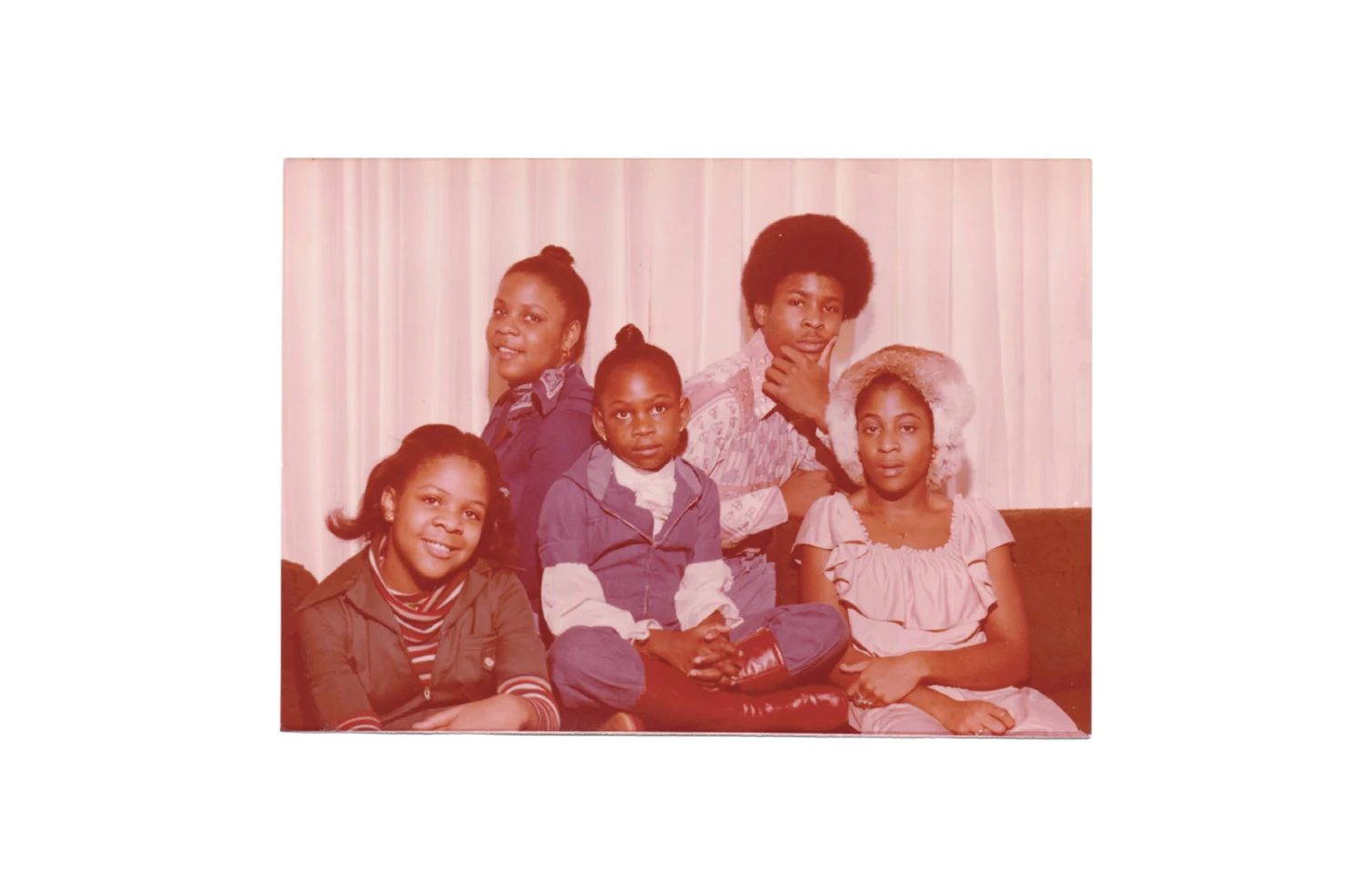this is my body that was broken
Have you forgotten that your body is now the sacred temple of the Spirit of Holiness, who lives in you? You don’t belong to yourself any longer, for the gift of God, the Holy Spirit, lives inside your sanctuary. You were God’s expensive purchase, paid for with tears of blood, so by all means, use your body to bring glory to God.
1 Corinthians 6:19-20
Dearest Nadia,
Our bodies are more than anatomy and physicality. They are also our places. Community. Family. For lack of a better word, our stations in life to which we are born.
Most of all, our bodies speak. They bear witness, and give full accounts. No matter how hard they may try, our bodies are terrible at keeping secrets.
The body is an ancient story:
Once upon a time, when there was no king, no authority, no rules, the people relied on their own judgement and did whatever they felt was best suited and pleased them.
And there was a certain honorable man of impeccable standing living in the most wide-open and remote region of a town way out in the hills. He was stranger to the land, and so, for his company and his pleasure, he took in a concubine who was also an outlander. But one day she grew angry with him and stole away to her father’s house.
Four months later, the man went after her to woo her back with gentleness and affection. She welcomed him into her father’s house, and her father urged the man to stay and rest with them. So, for three days, they all kept company, feasting and being merry.
Then it came time for the man to go, but the father convinced him to stay just one more night. Perhaps coerced by the father’s hospitality, or perhaps un-tempted by the lonely road ahead, the man stayed, and they feasted and were merry again.
But even the sweetest honey can become old and bitter, and every good thing must come to an end. So, the very next day, the man saddled two donkeys and he, his concubine and his servant left the father’s house.
When they came upon a town, the servant suggested that they find lodging and rest for the night. But the man didn’t feel safe in a foreign place and so they sojourned onto the next town square. But no one offered them a place to rest, though day fell to night.
However, as fortune presents, an elderly farmer was working his field and saw the travelers. He asked them where they were from and where they were going. The man told him about his stay at the father’s house and his home far away in the hills. The elderly farmer knew the hill country very well, for it was where he was born! They talked on and the man told him that they had no place to stay for the night, though they had provisions—straw for the donkeys, wine and food enough to eat and drink—yet not a single invitation from any neighbor.
Of course, as these stories go, the elderly farmer welcomed the three to rest and stay the night with him as his guests. He invited them into his home, washing their feet and enjoying their company, feasting and being merry. Suddenly, they heard pounding on the front door and loud voice that shouted, “Bring out the man, the stranger you have in your house, old farmer! Let us have him! We’ll show him hospitality. We’ll make him our concubine for the evening and do with him whatever we please!”
The elderly farmer opened the door and slid out to the posse of brutal men surrounding them. “I beg of you, brothers,” he said. “Don’t behave so wickedly. This is obscene. It’s an outrage! He is my guest. Please don’t do this to him.” Then he said, “Look, I have a daughter who has never been touched by man and my guest has a concubine. I’ll bring them out here for you. You can take your pick. Do with them whatever you will—but please, don’t do anything so vile to this man.”
But evil is as evil does, and the men did not listen. So the man from far away in the hills who’d pursued his concubine and feasted with his lover’s father, pushed her out the door and into the storm of men. They raped her all night long.
Just before the dawn, the concubine dragged herself back to the home of the elderly farmer. There she lay, crumbled and disposed—a heap and nothing more—collapsed at the threshold of her host’s home.
In the morning, the man got up and prepared to continue on his journey. When he opened the front door he saw his concubine, ravaged and listless, her hand reaching for the door.
“Get up,” he said to her. “We need to get out of here.” But it was too late. Her light had gone out.
Lifting her to his donkey, the man set off, lonely once more.
When he reached his home in the wide-open spaces with only the hills for neighbors and friends, he took her body that was broken for him and cut it up into twelve parts. He sent one part to each of the Twelve Tribes of Submission and Power.
First, he sent her head to the eldest tribe, Reuben, and they wept and cried, “ The Lord has looked upon my affliction.”
He gave her ears to the tribe of Simeon and they wept and cried, “The Lord has heard that I am unloved.”
To the tribe of Levi, he sent her hands, and they grieved and lamented, “I hope my beloved will be attached to me now.”
He bequeathed her heart to the tribe of Judah, and they bowed their heads, cradling it, rocking it back and forth, back and forth, and singing over it, “Now I will praise the Lord.”
He sent her tongue north of the wide open spaces and north of the hills into the desert to the tribe of Dan who wailed and howled, “I’ve been vindicated! God took my side.”
And into the northern mountains to the brave soldiers of the tribe of Naphtali, he sent her lungs, and they prayed, “I wrestled until I was breathless but I have won the fight,” over and over again.
The man then sent her feet east of the Jordan River along the riverbank of The Mount of Witnesses to the tribe of Gad, who rumbled, “Fortune has come to me.”
Then he sent her bowels to the Tribe of Asher in the Land of Feasts and Delight and they sobbed, “I am so happy. I am deeply, deeply overcome with happiness.”
The tribe of Issachar lived open-armed among the mandrakes. The man sent them her breasts and they received them, shrieking, “God has rewarded me with the gift of a maiden.”
He then sent her womb to the Tribe of Zebulun and they danced and wept, “He has filled my womb with honor. With honor, my womb he has filled.” To which the tribe of Joseph lamented in reply, “I am full with a house of plenty,” for they received her stomach.
Until at last he sent her eyes to The tribe of Ben-Oni and they all bellowed in unison, “ Oh, see my distress, my suffering, my sorrow.”
So piece by piece, all the eyes of the untamed world saw her body. And though they wished it, none could unsee what was seen from that day forward and into eternity.
And, the man sent his messengers with this decree: Look what has happened! What will you do about what has happened! Never forget what has happened! Has ever a thing happened in any part of any land? Tell the story about what has happened beneath the eyes of The Twelve Tribes of Submission and Power.
And this, my beloved girl, is my body that I have broken for you. Taste the sweet with the bitter. May your ears be tickled with lacy dreams of peace.
But if not, my love, bring the shards and the splinters back to me.
** Story of The Man and His Concubine was reimagined and adapted from The Book of Judges, Chapter 19










